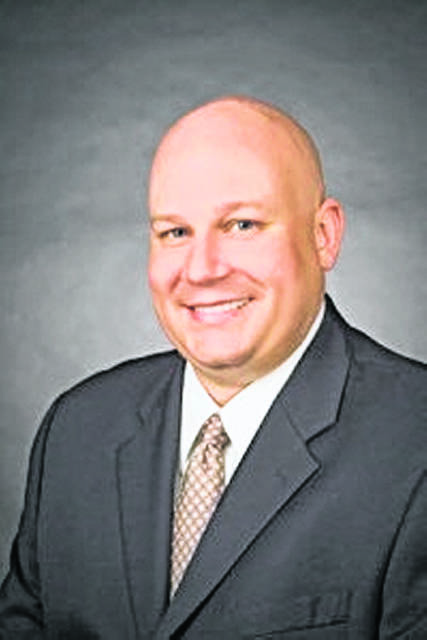Independent from the cost concerns, there are many reasons why people want to avoid moving into a nursing home. Nevertheless, when a person has various medical conditions that prevent that person from living alone, there can be few alternatives.
Some people are blessed with family members who can provide care at home that might delay or eliminate the need to relocate to a nursing home or assisted living facility.
Especially in the Midwest, most families share a deep, mutual love that manifests itself through personal care for each other. However, sometimes the required care becomes more than a helpful hand here or there.
A question arises as to whether those family members who provide that care can or should be compensated. The answer is that compensation is legally allowable if properly structured, documented and administered. Additionally, compensation can significantly help to accelerate Medicaid eligibility if properly structured, documented and administered, because proper compensation for personal care is not a gift and can be a way for an eventual nursing home resident to legally “spend-down” assets.
For a compensation model to be legal and be acceptable to eventual Medicaid scrutiny, there are five key requirements.
First, there must be a written agreement that identifies the scope of personal care services that will be provided and how much pay will be provided for those personal services. The personal services must be legitimate services and not just companionship. The written agreement needs to be comparable in detail to any other contract for services like contracts for construction services, bookkeeping or accounting.
Second, the written and signed contract must pre-date the beginning of the services being provided. In other words, on the eve of someone with $100,000 in the bank entering the nursing home, the impending nursing home resident cannot pay for “the last two years of personal care provided by my kids”. This requirement allows the contract to be not only be legitimate but to also look legitimate.
Third, the services provided need to benefit the person who needs the care. For instance, improvements to an adult child’s home that allows a parent to live with that child could be seen as improper because the improvements would (at least arguably) add value to the adult child’s home.
Fourth, it is essential that the service providers maintain detailed record-keeping of all services provided. The time for each service should be documented down to the minute and ideally identify the start or completion time-of-day for each service. The services provided should be described in as much detail as possible. For example, the service action description likely does not need to recite how many forks and spoons were washed, but the description should identify dishwashing separately from laundry or assistance with bathing.
Fifth, the caregiver must claim the payments for the services on the caregiver’s income tax return.
Ultimately, the legal default for personal care services that are provided by family and friends outside of the context of these requirements is that the services provided are gratuitous.
Lee R. Schroeder is an Ohio licensed attorney at Schroeder Law LLC in Putnam County. He limits his practice to business, real estate, estate planning and agriculture issues in northwest Ohio. He can be reached at [email protected] or at 419-659-2058. This article is not intended to serve as legal advice, and specific advice should be sought from the licensed attorney of your choice based upon the specific facts and circumstances that you face.







